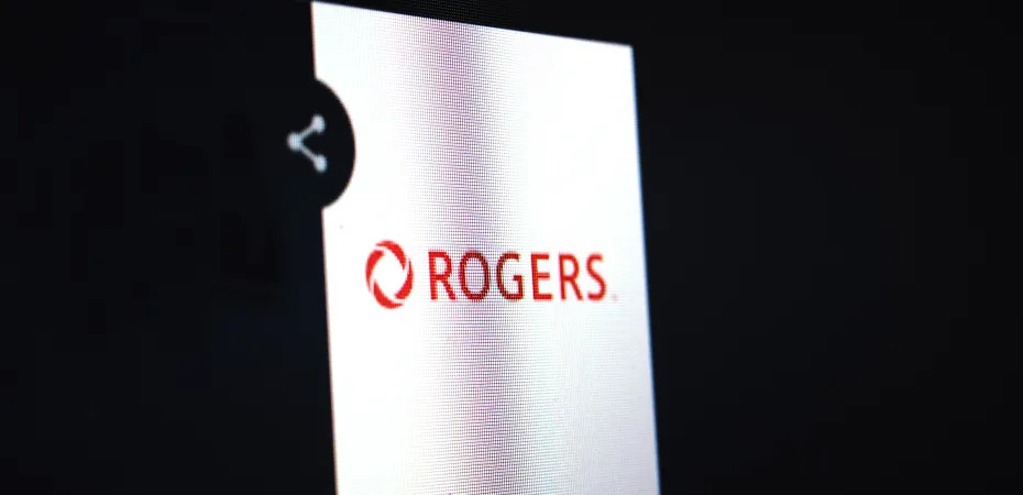The Competition Bureau’s appeal to stop the $26-billion Rogers-Shaw merger has been rejected by Canada’s Federal Court of Appeal.
The deal was first made through an announcement from Rogers Communications Inc. on Mar. 15, 2021, in which the Toronto-based communications company made a proposal to purchase Shaw Communications Inc., a major competitor based in Calgary.
Shaw shareholders voted in favour of the sale in May 2021.
“It’s time to move forward,” Shaw writes on its website. “This pro-competitive transaction will increase wireline and wireless competition while clearing a path towards lower prices, more investment and greater innovation that Canadians need and deserve.”
While it appeared as though the deal would be closed within the first half of 2022, these plans were halted when the Competition Bureau filed an application to block the merger. They stated that the move would result in worse service and increased prices for the general public.
A mediation period in Oct. 2022 with the Competition Bureau did not lead to finalized negotiations, and the conflict continued into the new year.
Despite the number of roadblocks that the companies have faced since the deal’s proposal, most issues have been resolved without fail. To overcome some of these concerns, Rogers and Shaw were required to sell Freedom Mobile (which is owned by Shaw) to Vidéotron, a division of Québecor Inc, for $2.85 billion.
One hurdle that the companies had not yet been able to clear is the dispute with the Competition Bureau. The Bureau submitted an appeal to overturn a tribunal decision approving the merger, claiming that the tribunal had made “four legal errors” causing the deal to be approved erroneously.
The Court of Appeal did not agree, and rejected the appeal.
“We are truly disappointed that the Federal Court of Appeal has dismissed our appeal of the Competition Tribunal’s decision in Rogers-Shaw,” wrote Matthew Boswell, Commissioner of Competition, in a statement. “Although today’s developments are discouraging, we stand by the findings of our investigation and the decision to challenge the merger. We brought a strong, responsible case to the Tribunal after conducting a thorough examination of the facts.”
However, Boswell added that he accepts the decision of the Federal Court of Appeal and will not pursue a further appeal in this matter.
While things are looking up for Rogers and Shaw, the final issue stands with federal Innovation Minister François-Philippe Champagne, who continues to oppose the deal.
Champagne has a set of conditions in which the proposal must be revamped before it can go through. “My only concern is to provide better prices to Canadians,” he stated in a press conference.
On Jan. 24, Champagne posted a tweet containing his statement on the Court of Appeal’s ruling.
“I am aware of the Federal Court of Appeal’s decision regarding the Competition Tribunal’s ruling on the Rogers-Shaw transaction. I will be reviewing it closely,” read the statement.
Rogers and Shaw have extended the deadline for the merger’s closing from Jan. 31 to Dec. 31. During the tribunal hearings, lawyers from Rogers argued that the company would be forced to pay an additional $250 million to shareholders if the deal did not close by this date.
As it currently stands, the decision by the Federal Court of Appeal brings Rogers and Shaw one step closer to closing their deal, but it is clear they have a few more hurdles to clear before they can complete their $26-billion merger.

